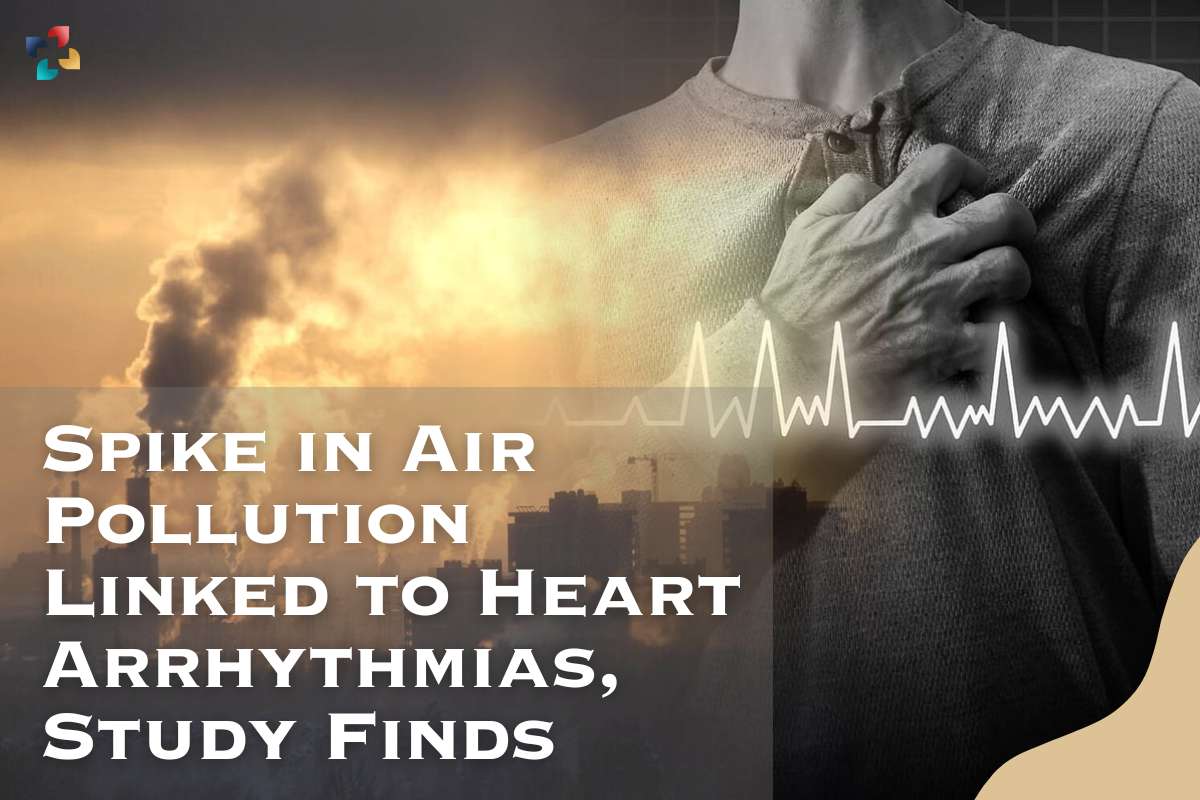A groundbreaking study has uncovered a frightening link between air pollution and heart arrhythmias. According to the research, which analyzed nearly 200,000 hospital admissions in China, an increase in air pollution levels significantly increases the risk of arrhythmias, which can ultimately lead to heart disease and sudden cardiac death.
What is the Study?
The study, which looked at patients suffering from sudden onset arrhythmia, including atrial fibrillation, atrial flutter, premature beats, and supraventricular tachycardia, found that air pollution in China exceeded the World Health Organization’s guidelines for air quality. The researchers examined the concentrations of six air pollutants from monitoring stations closest to the reporting hospitals, with nitrogen dioxide (NO2) showing the strongest association with all four types of arrhythmia.
Dr. Renjie Chen of Fudan University in Shanghai, who led the study, explained that the risk of symptomatic arrhythmia occurred during the first few hours after exposure to pollution and could persist for up to 24 hours. While the exact mechanisms are not yet fully understood, the authors of the study suggest that air pollution causes oxidative stress and inflammation, which can affect the heart’s electrical activity.
What is the effect of pollution on the heart? Dr. Hemant Madan
A Public Health Crisis
Additionally, this study highlights the urgent need for governments around the world to address air pollution as a public health crisis. The risks extend beyond heart disease, with particulate pollution driving up rates of lung cancer by triggering dormant mutations that lead to the growth of tumors.
In England, a previous study found that high pollution days lead to hundreds more emergency hospital admissions for cardiac arrests, strokes, and asthma attacks. The British Heart Foundation has estimated that more than 160,000 people could die from strokes and heart attacks linked to air pollution in the coming decade.
Expectations from Policymakers
It is crucial for policymakers to take action to reduce air pollution levels and protect vulnerable populations. The risks to public health are only increasing, with pollution levels on the rise globally. It’s time for governments to act now before it’s too late.











